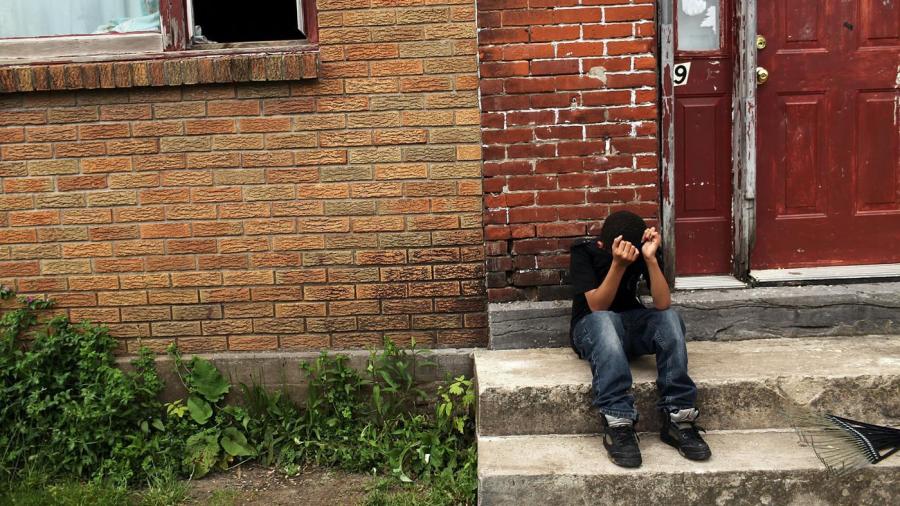How Does Poverty Affect Juvenile Delinquency?

Statistics show that there is a correlation between poverty and juvenile delinquency, and this is due solely to socio-economic factors. Children who live in poverty are less likely to attend good schools or participate in community programs that encourage them to stay off the streets. Their parents are often uneducated and unable to guide them. Strained home environments fail to provide them with sufficient space in which to unwind.
Poverty alone is not the reason behind juvenile delinquency. There are many factors that influence juveniles to commit crime. One of the biggest reasons juveniles commit crime is simply a lack of distraction. Children who live in poverty are less likely to be involved in the hobbies or sports programs that occupy their affluent counterparts. They are less likely to attend good schools and more likely to drop out. In short, they are more likely to spend more time roaming the streets of their communities, which creates opportunities for them to commit crime. Statistics also reveal that poor children who are arrested for committing crimes are more likely to be convicted of and incarcerated for them. This skews the statistics of juvenile delinquency by muddying the line between those juveniles who commit crime and those who are convicted for it.





